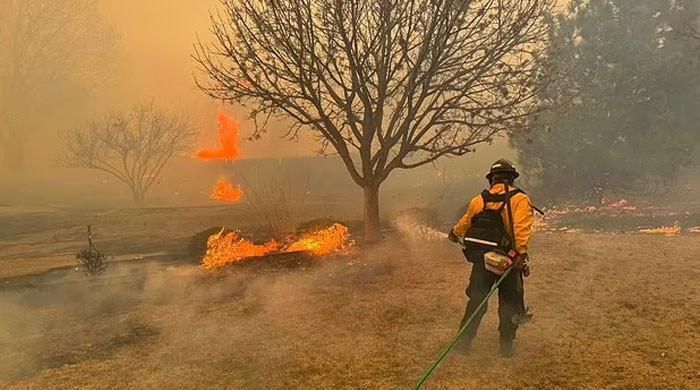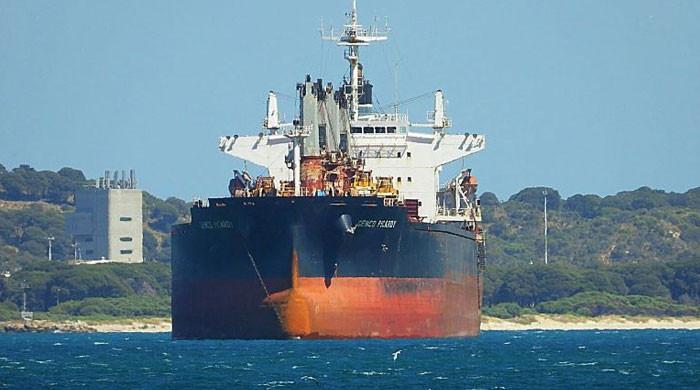The most affected sectors will be tourism, transportation, food production and healthcare.
A recent study led by Professor Dabo Guan of the Bartlett School of Sustainable Construction at University College London has noted that the direct economic damage from climate change could reach up to $24 trillion (£19 trillion) over the next 36 years. , reported the Daily Mail.
The most affected sectors will be tourism, transportation, food production and health care, all of which will cause other effects between now and 2060.
While many climate studies focus on victims, this one takes into account the supply chain across countries and speaks to the causes of climate change much further afield. Professor Guan emphasizes that the loss of income is proportional to the degree of temperature increase, underscoring the universal risk to the global economy.
The research analyzes three possible conditions set at projected global warming levels under the name 'Shared Socioeconomic Pathways' (SSP).
In the worst case, with high emissions, rapid industrialization and economic growth, losses can be approximately five times greater than in the best case. GDP losses are estimated between 0.8% in a mild warming scenario and 3.9% in a severe scenario for 2060.
What is especially vivid and alarming is that the European Union, the United States and the United Kingdom could lose most of their GDP if emissions levels are high, and the chemicals, tourism and electrical equipment industries will be affected. mostly.
The research predicted that a substantial number of extreme heat waves would increase, leading to more than one million additional heat wave deaths annually by 2060.
Some developing countries, particularly those in the tropics, will be drastically affected as a result of climate change. The study provides a backdrop to the fiscal challenges that governments must address associated with climate-related risks.
These findings were reported in Nature.












